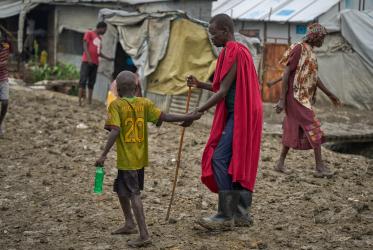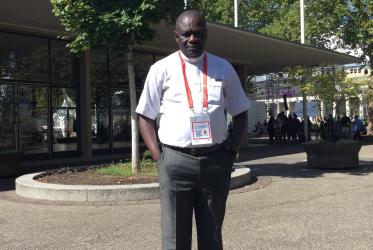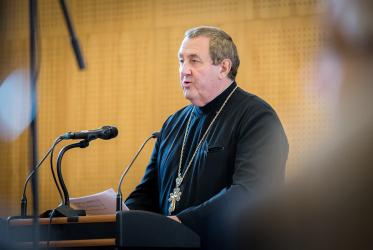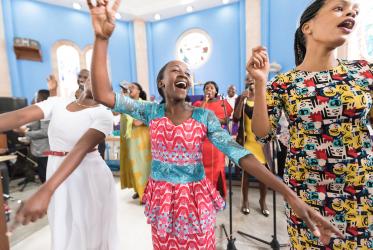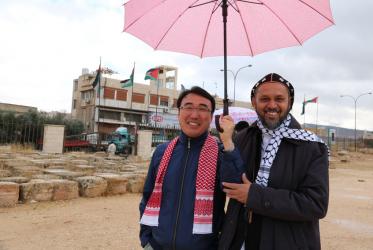Displaying 1 - 20 of 52
World mourns loss of Archbishop Desmond Tutu
30 December 2021
CCIA meets in Brisbane with focus on Pacific regional priorities
19 February 2020
How will the Arusha Call change the world?
20 May 2019
“Love will find a way”
23 August 2018
In the ecumenical movement to stay
26 April 2018
Konrad Raiser shares ecumenical journey of transformation
06 February 2018
#WCC70: A story of how we meet together
02 February 2018
